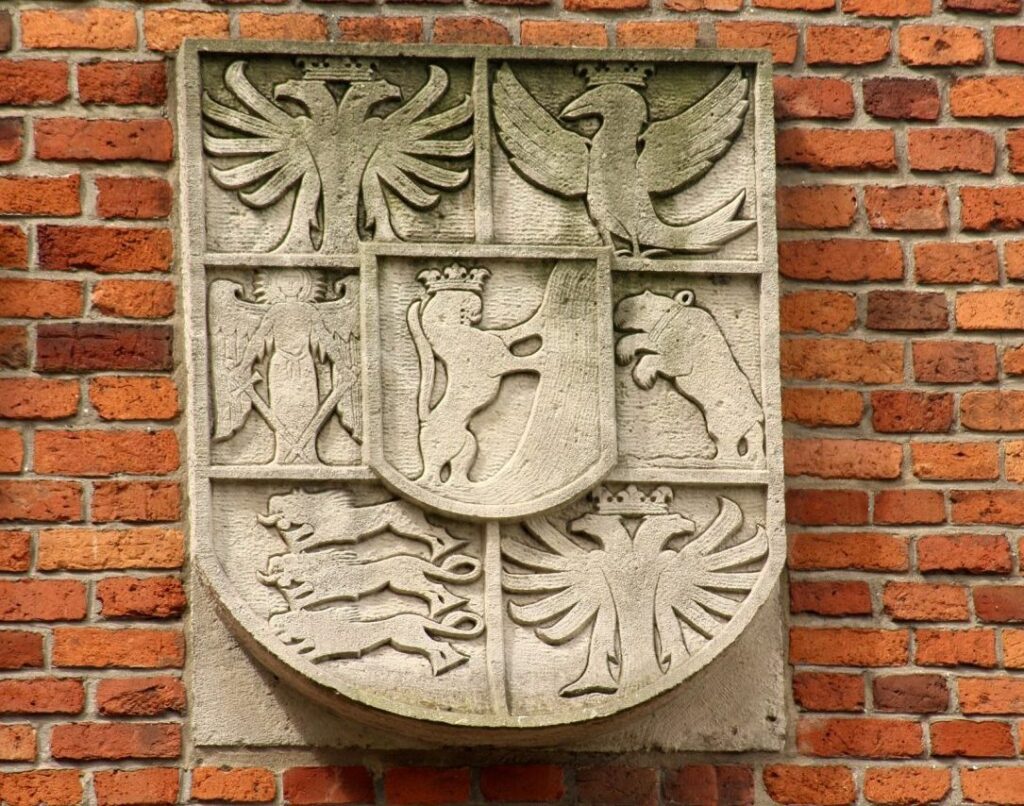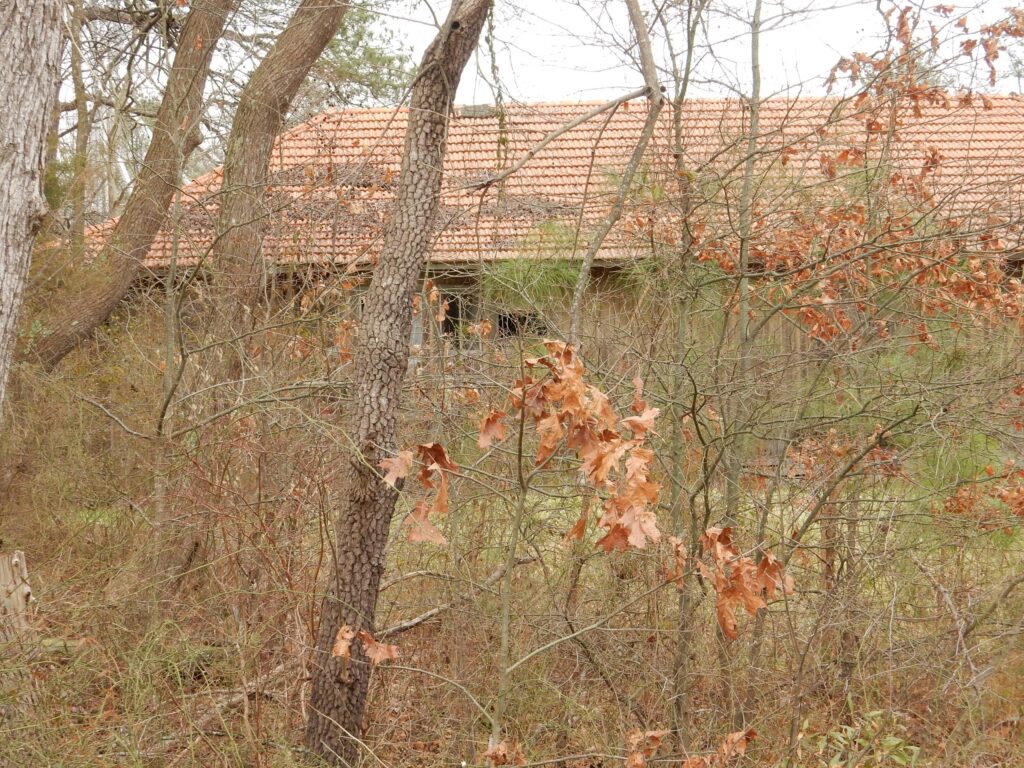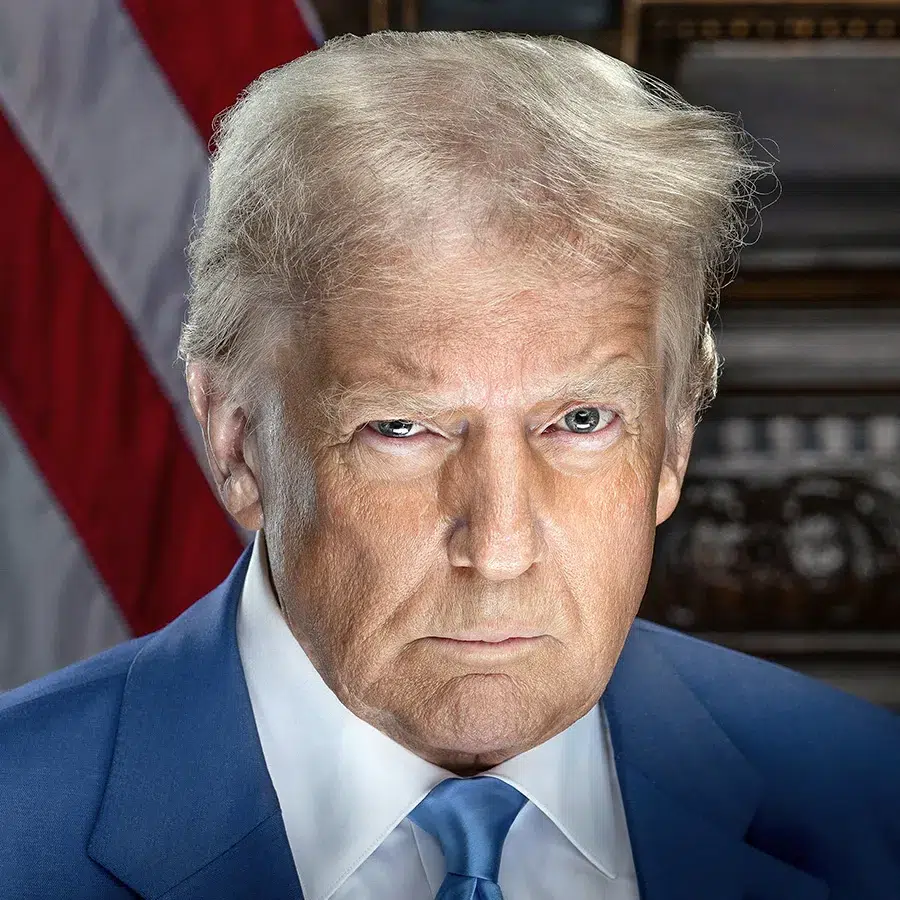Who should we judge?
Some people today are concerned about the demise of history. Their apprehension is that we want to remember everything wrong from the past; the good is ignored. People are beginning to wonder, "Where does judging previous generations stop?" How do we judge them? What standards should we use?
In today's world, I am not sure Ernest Hemingway could sell even one book. Why couldn't he sell books? Hemingway was a big game hunter; I doubt he could be a noted author in today's social media environment, where big game hunters are evil. Let me be clear: I am not defending or attacking big game hunters. But I know that the social environment today is hostile toward this type of individual.
Think about Henry Ford. Do you believe he knew his invention would contribute to the pollution of the world and help produce global warming?
I visited Kitty Hawk to see where the Wright brothers conducted their research. It is impressive. Undoubtedly, the Wright brothers did not know that what they were inventing would become a key source of noise pollution and a weapon against the World Trade Towers. I am confident they thought they were making a scientific stride for humanity.
Should we ban any mention of Hemingway, Ford, or the Wright brothers? I would say, "No." Some might disagree.
Michelangelo sculpted a fantastic piece of art—a statue of King David. The problem is that David had an affair with the wife of one of his officers, had the officer murdered, and married his widow. It seems that someone could argue that we should put the statue of David in a closet.
Does judging correct the past?
The list of the human race's past mistakes is long. Slavery, the refusal to give women equal rights, and the mistreatment of Native Americans were, and still are, all horrible occurrences. I believe that most people, though not all, would agree that these were and are egregious mistakes. But do we fix things by trying to rewrite history? Do we improve things by vandalizing images we do not like? Maybe. If making an example of those who erred serves a purpose, perhaps that is what we should do.…but does such action correct wrongs?
Let's single out slavery. A great book about the problems associated with slavery is titled "Amazing Grace." The author, Eric Metaxas, does an excellent job of discussing the metamorphosis that took place in England. It went from a country that supported slavery and the slave trade to one that opposed any actions that supported slavery—England started on the wrong side of the issue and ended up on the right side. But, I am not sure we should vilify everyone who lived in England when slavery existed. It is dangerous when we vilify an entire country, ethnic group, or class. This type of attitude makes us bigots and racists.
How to cleanse our past.
If we are going to vilify others, maybe we should look at our own families. Suppose you were at a dinner party, and someone who is new in town walked up to a gathering of four people. You are one of the four.
The newcomer introduces herself. Each person, in turn, introduces themselves. The last person to introduce himself states very calmly, "Carl Cartwright, nice to meet you."
This act of civility is not unusual, but suppose you know that Carl's last name is Marshall. You would be surprised at his answer.
When you have a chance to talk to Carl later, you ask him, "Why did you play a practical joke on the newcomer? That was not very nice."
His answer might be, "I was not being ugly; I have changed my last name."
It is unimaginable to you that Carl has changed his last name. While you do not want to be rude, you might ask, "Why in the world would you do that?"
He laughs and says, "Just do not want to be associated with people who are disreputable."
Now you are really confused. "What are you talking about?" you ask.
Carl crosses his arms, stares at the ceiling, and opines, "Two months ago, I discovered that one of my ancestors who lived in Scotland led a band of cutthroat brigands. You know, like my great, great, great, great, whatever, grandfather was on the wrong side of the law." Carl continues, "My ancestor was the son of a duke but the illegitimate son. He apparently made a good income as a brigand. Regardless of his wealth, I decided I did not want this ancestor, so I changed my name."
You probably are way ahead of me. If everyone with an errant relative changed their name, we would run out of available last names. (I am sure if you traced my genealogy back far enough, you would find that one of my family members was a scoundrel. Even if you found someone in my background who went astray, I can assure you that I would not change my last name.)
It would be reasonable to ask Carl if his new name is untainted, but since he probably has chosen it randomly, there is no point. Besides, he would claim that even if there were some errant Cartwrights, they could not be attributed to him.
You are saying to yourself this type of situation could never happen. If nothing else, this type of example should make us wonder what we are doing that could embarrass our great-grandchildren. We all might be demeaned and viewed as reprehensible by our descendants because we ate meat, drank alcohol, owned shares of stock in a company that was later discovered to have done outrageous things, produced garbage, wrote on paper made from trees, or spoke unkindly to someone.
However, what concerns me most is that, unlike our ancestors, we have pictures and videos taken of us every day. Imagine the faults your descendants could find if they have millions of images or years of video of you going through your daily routines. This thought should make us pause and think about our actions.
If you have not read the blog that describes the "However View," click here.
The picture is from Pixabay.





